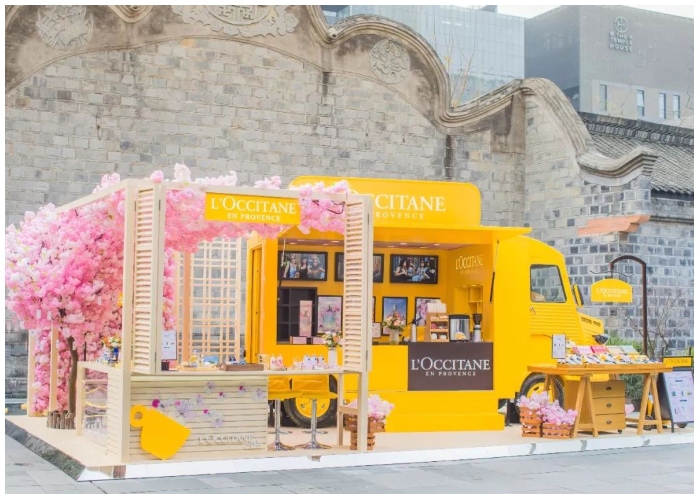In the vibrant rhythm of today’s cities, a new cultural heartbeat is rolling in—literally. From the busiest street corners in Los Angeles to the lively weekend markets of Manila, food trucks and mobile pop-up shops have become more than just convenient stops for a quick bite or quirky find. They are now cornerstones of modern urban life—reshaping community dynamics, celebrating diversity, and sparking a movement that fuses convenience with culture.
A Cultural Movement Served Fresh
Once seen as simple hot dog stands or taco carts, food trucks have evolved into gourmet destinations on wheels. These mobile kitchens are now home to inventive, multicultural menus—think Korean-Mexican fusion tacos, Filipino-Japanese rice bowls, vegan soul food, or handcrafted gelato. Chefs behind these trucks aren’t just cooks; they’re storytellers blending heritage, innovation, and personal flair into every dish they serve.
What makes food trucks uniquely powerful is their accessibility. With lower startup costs than traditional restaurants, many first-generation immigrants, young chefs, and BIPOC entrepreneurs can launch culinary dreams that would otherwise be financially out of reach. And the result? A more inclusive food scene that brings global flavors straight to the sidewalks, often at price points everyone can enjoy.
These trucks also travel through cultural districts, university hubs, and office areas—meeting people where they are. This mobility breaks down economic and social barriers, making diverse cuisine a daily part of urban life rather than an occasional indulgence.
Pop-Up Culture with Personality
While food trucks satisfy our appetites, mobile pop-ups feed our need for creativity, individuality, and expression. From tiny bookstores built inside refurbished vans to mobile boutiques offering handmade jewelry, secondhand fashion, or even pop-up tattoo studios—these spaces are dynamic showcases for local artists, designers, and innovators.

Pop-ups are thriving because they prioritize the experience. Each one feels spontaneous and personalized—shoppers never know exactly what they’ll find, which creates a sense of discovery and excitement. And since most operate without the high costs of a permanent storefront, more creators can test their ideas in real-time, directly engaging with their audience.
This business model lowers barriers to entry and encourages entrepreneurship, especially among women, students, and creatives who may not have access to large capital or investors. By reclaiming trucks, vans, or trailers, they transform everyday vehicles into curated lifestyle brands.
Street-Level Connection and Community
Beyond the food and fashion, the most powerful impact of this mobile movement lies in human connection. When people gather around a food truck for bao buns or linger outside a mobile record store chatting about vinyl, those small, casual interactions build a sense of community that many city dwellers crave.
Unlike traditional businesses tucked behind walls and windows, these mobile platforms operate right in the open. They invite interaction, spark conversations, and foster spontaneous moments of joy in the middle of a hectic urban day. In a world where digital screens dominate, these real-world connections feel refreshingly grounding.
This movement is helping cities feel less isolating and more like shared spaces. And because trucks and pop-ups are often hyper-local—serving neighborhoods, festivals, or community events—they reflect and reinforce the identity of the places they serve.
Cultural Events on the Go
Urban centers are increasingly embracing this trend by organizing food truck festivals, rotating pop-up markets, and mobile art fairs. Cities like Portland, San Diego, and Manila have transformed whole districts into walkable, interactive cultural zones powered by mobility.
These events breathe life into unused lots, street corners, or park spaces—creating flexible opportunities for small businesses to thrive. They also encourage people to explore their own cities with a renewed sense of curiosity. The rotating lineup of vendors makes every visit feel new, which keeps residents and tourists coming back for more.
In many ways, these roaming cultural hubs have become modern versions of public squares—places where people don’t just shop or eat, but participate in a shared city culture.
A Sustainable and Smart Shift
Today’s mobile businesses aren’t just trendy—they’re often more sustainable than traditional models. By avoiding the carbon footprint of large-scale construction and long-term leases, they offer a lighter impact on the environment. Many trucks use biodegradable packaging, source ingredients locally, and even run on solar power or fuel-efficient systems.
This eco-consciousness appeals to younger consumers, especially Gen Z and Millennials, who care deeply about sustainability and ethical business practices. Supporting a food truck or pop-up becomes more than a transaction—it’s a lifestyle choice that reflects a desire for purpose-driven consumption.
“Culture on Wheels” represents a new urban lifestyle, offering flexibility, creativity, diversity, and connection through mobile ventures like food trucks and bookstores. These ventures provide more than goods and services, delivering culture and a glimpse into someone’s dream.